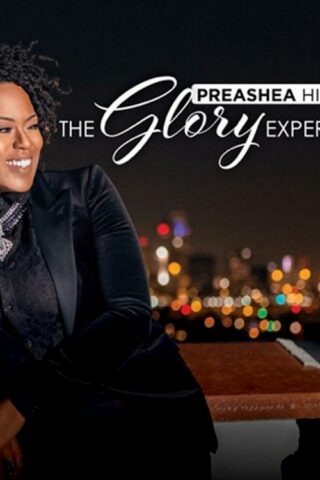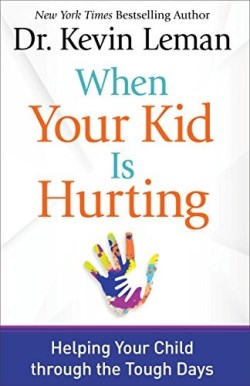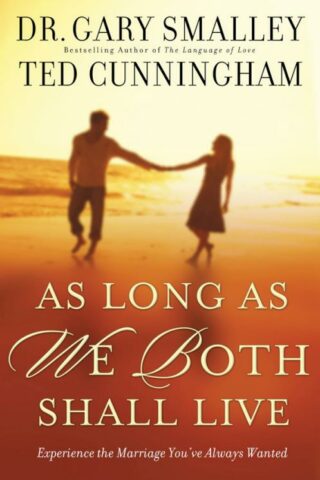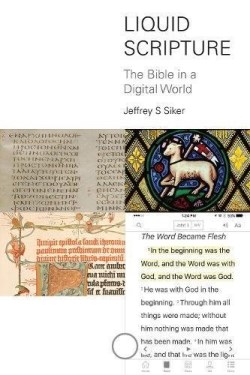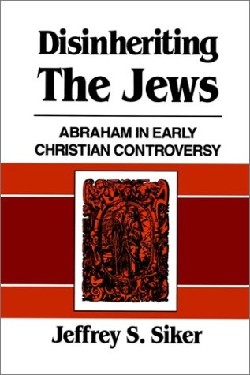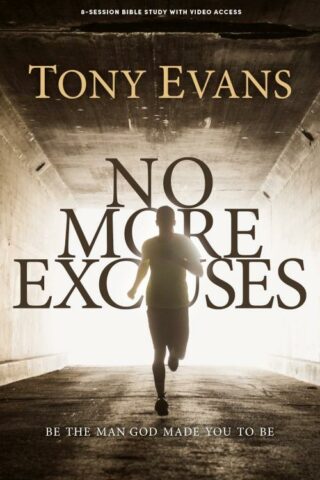Jeffrey Siker
Showing all 2 resultsSorted by latest
-
Liquid Scripture : The Bible In A Digital World
$48.33What difference does it make to our experience of Scripture if we no longer hold a book in our hands, if we again scroll through Scripture? How does the flow of electronic Scripture change our perception of the Bibles authority and significance? Jeffrey S. Siker reviews the latest research on how the reading brain processes digital texts and into how churches use digital Bibles, and synthesizes the advantages and risks of the digitized Bible. Sikers conclusions merit serious reflection in classrooms and churches alike.
Add to cartin stock within 3-5 days of online purchase
-
Disinheriting The Jews
$45.00Disinheriting the Jews is a scholarly work of great interest and significance for both Christians and Jews. Jeffery Siker shows how strongly the figure of Abraham has shaped our religious identities. He also uses the portrayals of Abraham by early Christians as a new means of understanding the dynamics involved in the church’s separation and estrangement from Judaism. Siker argues that the separation was precipitated by historical contingencies more so than by Christian identity, and in so doing suggests self-corrections that could mend the rift between Christianity and Judaism.
Add to cartin stock within 3-5 days of online purchase

